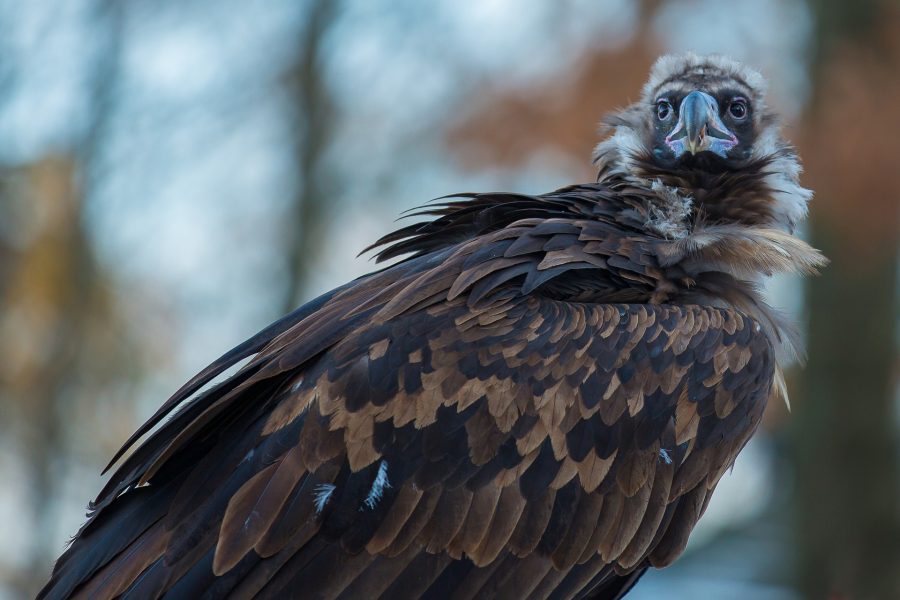After years of warnings, Spanish researchers finally show that the use of diclofenac in livestock leads to a decrease in the vulture population in Europe. The recent death of a black vulture in the Pyrenees confirms this theory.
A black vulture is the first recorded victim of diclofenac poisoning in Europe. Born in 2020 in the national hunting reserve of Boumort (Pyrenees near Lleida), the vulture’s poisoning occurred because it ate from a carcass previously treated with diclofenac.
Diclofenac causes death of black vulture
The drug, used in veterinary medicine, was ultimately the cause of the vulture’s death according to a study published on 5th April in the scientific journal Science of the Total Environment.
The investigation into the death of the young black vulture goes back to September 24, 2020. Grefa, the Spanish organisation for the rehabilitation of native fauna and their habitat, monitored the animal on a GPS tracker. Thanks to the GPS signal, researchers were able to identify from which corpse the vulture had eaten. After the death of the animal, they traced and examined the relevant cadaver, which determined the presence of Diclofenac.
A fair warning for a decline in the vulture population
Spanish and European conservation organisations warned of the risk of diclofenac on scavengers for years. Nevertheless, the investigation confirms for the first time the real danger of using the drug in livestock. The warnings from these organisations are very justified, according to Grefa. The agent has been causing a decline in populations of various vulture species since the beginning of the 21st century.
Protect the vulture in Spain
Grefa’s chairman Álvarez regrets the animal’s death. However, there is relief they can demonstrate the use of diclofenac in livestock leads to deaths among vultures. Most likely, this incident was not the first to lead to the death of a species of vulture. The Spanish government and conservation organisations now have the responsibility to protect vultures in Spain and across Europe.


